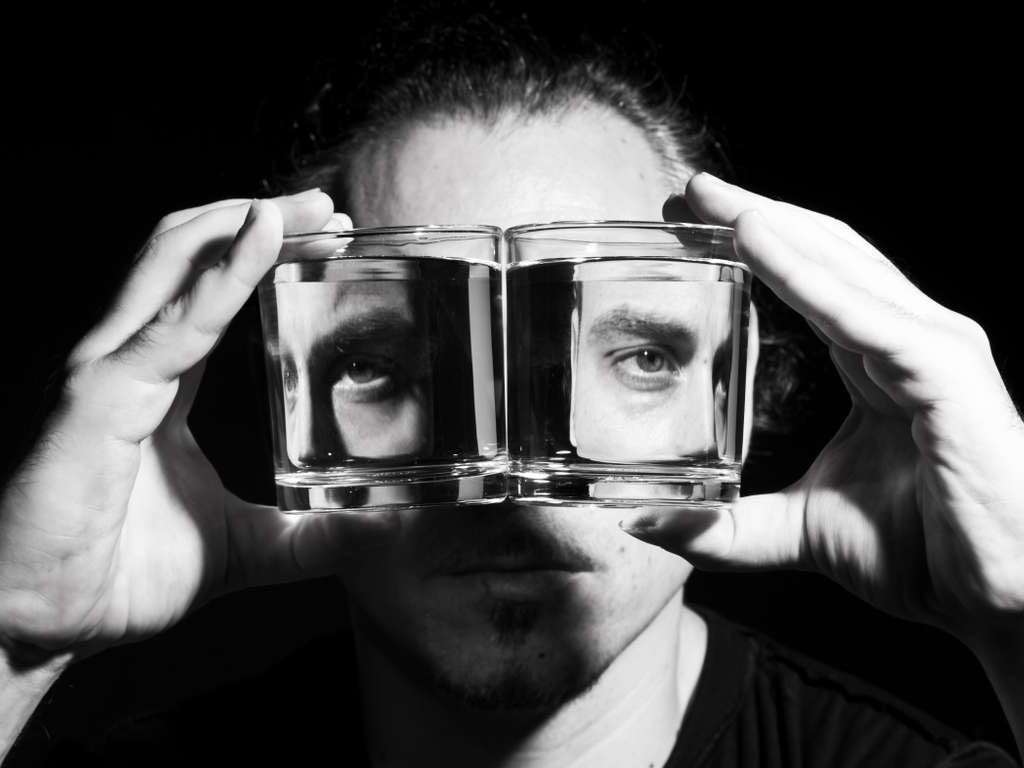What Is Histrionic Personality Disorder?
Even introvert people are likely to want some attention from time to time. We are a highly social species and it is only natural that we will want to interact with other people sometimes. It also quite normal for us to get a little upset sometimes if things are not going as we wish.
For some people, however, these factors can be blown out of proportion. The need for interaction can be exaggerated to the point where they need to feel as though everybody is giving them attention. One example of such a condition is histrionic personality disorder and it can also cause other symptoms that can have a negative impact on the patient’s quality of life.

1. Histrionic Personality Disorder
Histrionic personality disorder is so named because of the patient’s tendency to act in a theatrical or dramatic manner. It is a condition that causes the patient to have a distorted image of their selves and be unstable emotionally. The disorder is considered to be in a group of conditions known as dramatic personality disorders, or cluster B disorders.
Patients with histrionic personality disorder are reliant on praise from other people in order to maintain their self-esteem. They can be demanding of attention and have a desire to be noticed that can cause them to act in some atypical ways.

2. Causes
It is not well understood what causes histrionic personality disorder. However, it is thought that the condition is sometimes down to genetic factors, while it is also something that can be acquired during the patient’s life. It is known that somebody is statistically more likely to have the disorder if there is a history of it in the family.
Histrionic personality disorder could sometimes be a way that people with certain personality types use to cope with stress as they are growing up. This behavior can then become permanent as they become adults. It might also sometimes be down to the patient not being disciplined as a child.

3. Attention Seeking
People with histrionic personality disorder will tend to have strong social skills. The down side is that they can use these skills to try and manipulate other people. Their skill will often be put to use to help ensure that they are the center of attention all the time. They can feel very uncomfortable if they are not getting the attention they want.
Somebody with histrionic personality disorder is also likely to feel the need to seek approval from other people around them. If the approval is not forthcoming then they can become upset and become even more desperate for attention and approval from others.

4. Dramatic Behavior
Histrionic personality disorder is known for causing people to act in an overly dramatic manner. Their behavior will sometimes appear as though they are performing on a stage, and quite unconvincingly. It will often be clear to many people that the patient’s behavior is exaggerated.
Patients with histrionic personality disorder are also more likely to dress in a revealing, provocative manner. They can also be very flirtatious even when it is not appropriate. The patient is also more likely to be very concerned with their physical appearance, and will regularly need to check in the mirror to see how they look.

5. Mood Swings
Patients with histrionic disorder can find that their mood will shift very quickly and with little to no warning. They can be very sensitive to criticism and respond in a disproportionate manner to even the slightest of critiques. They can also be very easily influenced by other people and quick to believe what other people tell them.
The patient will also likely become easily bored with projects. They may start a project but soon tire of them and choose to move onto something else instead, which will also likely go uncompleted. They will also tend to not deal with frustration well.

6. Compulsive Behavior
Many patients with histrionic personality disorder will have a tendency to act compulsively. They can make decisions impulsively with little to no consideration for the impact that those decisions might have on themselves and others. This will occasionally get them in trouble with authorities, and they may also sometimes put themselves in harm’s way.
The patient will also tend not to show concern for other people in general, and decisions they do make will likely be focused on benefiting them. Their behavior will also mean the patient has difficulties forming and maintaining relationships with other people. This will often be because other people find the patient to be shallow and insincere in the way they act.

7. Complications
Patients with histrionic personality disorder will also sometimes have other mental health conditions. These can include anxiety disorders, bipolar depression, depression, posttraumatic stress disorder, and eating disorders. The condition will also have an impact on the patient’s life in a number of other ways.
As mentioned, patients with the condition will tend to have difficulties maintaining relationships. This can cause them problems with their social life and it may cause problems in their family. Histrionic personality disorder can also cause problems in the patient’s professional life. People with histrionic personality disorder will also sometimes suffer from depression, and this will lead to some taking their own life.

8. Risk Factors
It is all but impossible to say who will develop the condition. However, we do know that some people are statistically more prone to histrionic personality disorder than others are. These include people for whom there is a history of the condition in their family. Having other mental health conditions will also make somebody more prone.
Patients who were bought up with little discipline and generally given whatever they like as children as also in a higher risk category. People who experienced considerable stress as a child are also more prone, and this includes people who suffered abuse as a child.

9. Diagnosis
Your doctor will need to ask you about your symptoms and they will also need to look into your medical history. They will also likely want to ask you about any conditions that run in your family. A physical exam may also be performed to help look for physical conditions that might be contributing to the symptoms.
If histrionic personality disorder or another mental health condition is suspected then the patient will likely be referred to a psychologist. The psychologist will then need to ask the patient to complete a questionnaire, and speak to them about their symptoms. If the patient’s symptoms fit with certain criteria then the condition can be diagnosed.

10. Treatment
Treatment for the condition can be made harder by the fact that the patient will often not accept that they need treatment. Their dislike of routine can also make it harder to treat them. When the patient does agree to treatment, it will typically involve therapy with a psychological therapist.
The therapy will help the patient to understand their condition better, and the impact that their behavior will have on themselves and other people. They will also be taught skills that will help them to not feel the need for constant appraisal and the need to be center of attention.












